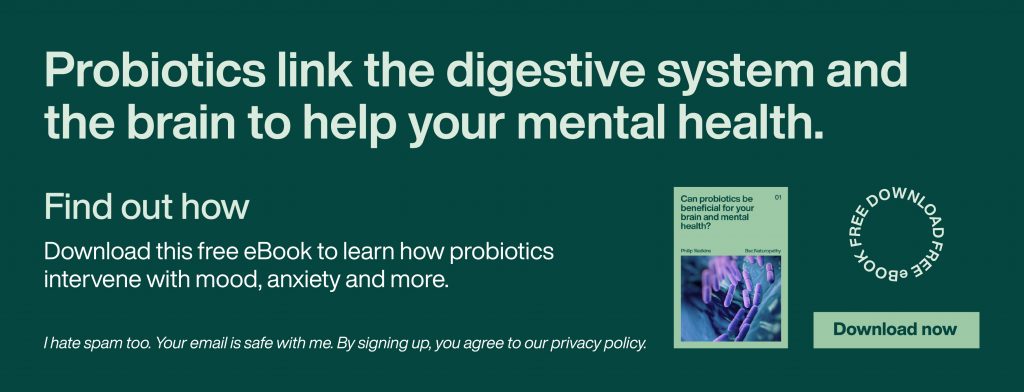Digestive Testing – Can digestive, gut and microbiome testing give you some clarity about your conditions?
“All disease begins in the gut,” said Hippocrates. Hippocrates delivered that quote around 2000 years ago. Whilst this principle has been reinforced leading up to the modern-day, the real innovation is not just our understanding of how all disease begins in the gut, but the potential we now have to measure it.
There are two options for gut and digestive testing in the Hong Kong clinic (options may vary based on the region for virtual patients). The GI-360 test is a complete microbiome test that investigates the bacterial environment in your body as a whole, beneficial for IBS or recurring digestive symptoms such as bloating, gas, discomfort and bowel irregularities such as constipation. The GI-Map for more disease-oriented investigations that isolate potential causes of illnesses such as Autoimmune conditions.
Both the GI-360 and GI-Map are stool tests that involve at-home sample collection, and whilst there is no way to glamourise pooing in a box, the results are often enlightening when it comes to an understanding of the following elements of digestive health:
- Nutrient absorption potential – how your digestion breaks down protein, carbohydrates, and fat from your diet.
- Digestive system immunity – are the first responders to bacteria and other infections within the digestion doing their job?
- Prebiotic bacteria critical for carbohydrate metabolism
- Probiotics such as Lactobacillus and Bifidobacterium species
- Key Inflammation markers
- Enzymes that help with oestrogen clearance through the digestion
- Evidence of lactose intolerance
- Gram-negative bacterial species that contribute to small intestinal bacterial overgrowth (SIBO), gut dysbiosis and leaky gut.
- Candida and yeast overgrowth
- Levels of short-chain fatty acids (SCFA) express if your fibre intake is sufficient to feed your digestive system correctly.


